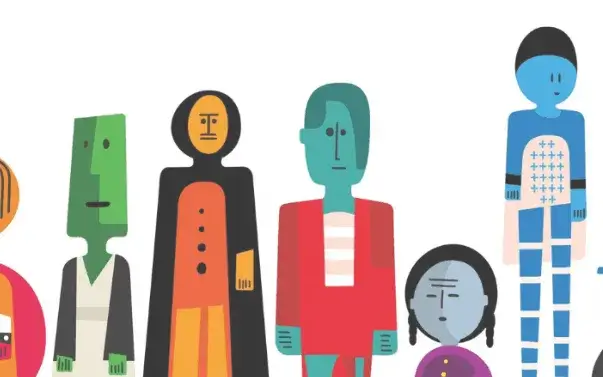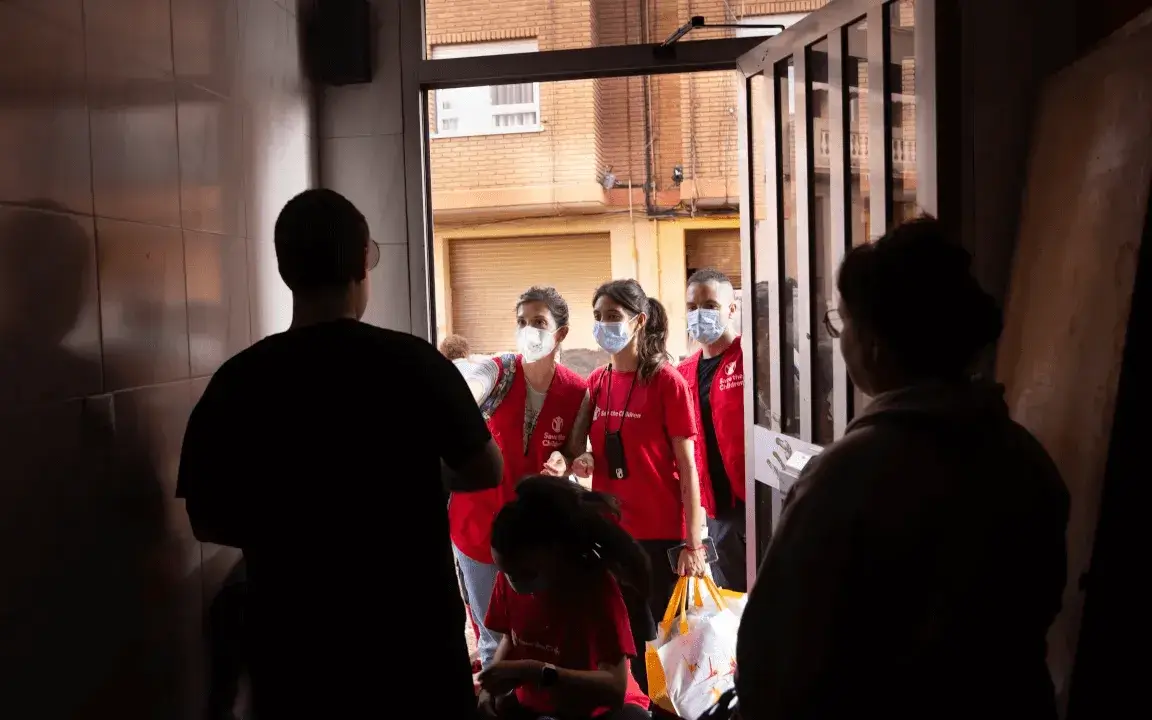This union demands Spanish governments to approve a legislation to fight against all kinds of discrimination.
Eight organizations dedicated to the fight against racism and xenophobia have created this July the ‘Alliance for an Equal Treatment Act’ to call Spanish government to approve the legislation they pledged to the United Nations Human Rights Council to tackle the discrimination.
This law is essential to ensure the protection of persons against discrimination on grounds of nationality (ethnic origin), race, colour, religion or other beliefs, age, disability or sexual orientation. The aim of this alliance is to approve this legislation that establishes a system of offences and penalties, whereby perpetrators are obliged to pay compensation for damages caused to victims and creates an independent authority to ensure compliance and violations of fundamental rights are monitored.
The civil society organizations that have taken part of this alliance are Accem, Asociación Rumiñahui, Fundación Secretariado Gitano, Comisión Española de Ayuda al Refugiado, The Spanish Red Cross, Fundación Cepaim, Movimiento por la Paz and Red Acoge.
Two failed attempts in 2011 and 2019
In several of their reports, the Human Rights Committee, the Committee on the Elimination of Racial Discrimination and the European Commission against Racism and Intolerance (ECRI) have urged Spain to create a Comprehensive Law that addresses all forms of discrimination.
After two failed attempts in 2011 and 2019, the Spanish Government has pledged to the United Nations Human Rights Council that it will approve the legislation as soon as possible. However, Alliance members fear the process will be paralysed yet again.
Pledge by the Spanish Government
The Spanish Government has expressed its commitment to pushing this legislation forward, affirming its will to “approve the Comprehensive Law for Equal Treatment and Non-Discrimination in the near future”.
The members of the Alliance for an Equal Treatment Act hope that, this time, the pledge comes to fruition. They recall that a first version of this legislation was sent to the Spanish Congress of Deputies in 2011, after more than two years of preparatory work involving many civil society organizations. Unfortunately, the proceedings were frustrated by a premature call for elections. Since then several unsuccessful attempts have been made to bring it back to the table.







Add new comment